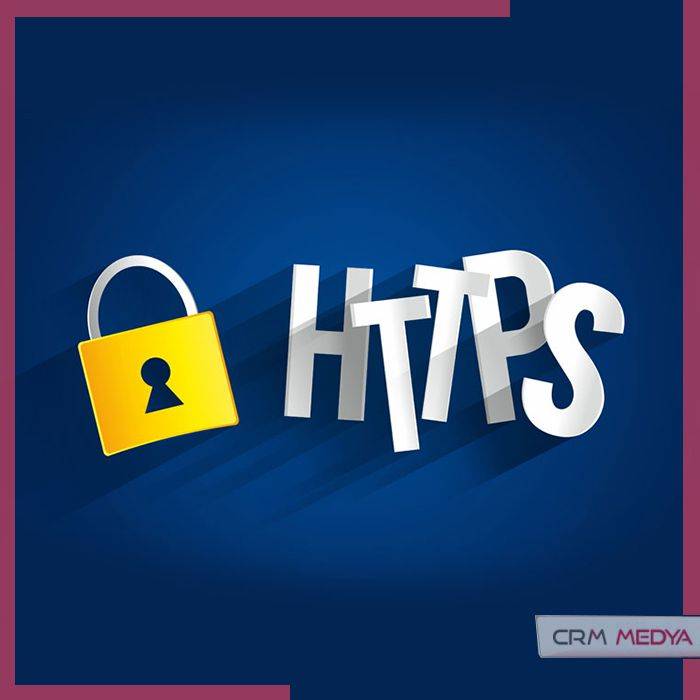


SSL (Secure Sockets Layer) signifies a secure entry layer. SSL is the process of encrypting data during server-client communication. Its most known use is encrypting the communication between the server and the web browser during data exchange on a website.
Many sites use SSL for secure data communication. SSL consists of a standard algorithm. For SSL to work, there must be a key on the server side and a certificate to operate on the client side.
SSL is based on a coding method that uses keys known as Public Key / Private Key. There are two keys for SSL coding. These keys are digitally encoded software.
Data locked by one key can only be opened by the other key. After creating your keys (SSL does this by default, no action is required from you), one key (private key) stays with you. The other key (public key) is sent to the person you want to connect with.
The person wanting to communicate with you uses the public key to send the message securely. Even if the data is intercepted during transfer, the private key you hold is required to decrypt it. Depending on the type of SSL, 40-bit or 128-bit encryption is used. Decrypting such complex encryption would take a lot of time, even with advanced techniques.
In short, SSL ensures the secure transfer of data between computers exchanging data, preventing any third-party intervention.
RapidSSL certificates are signed with the private key of the “Equifax Secure Global eBusiness CA-1” Certificate Authority Root certificate. This certificate is present in the certificate store of all current operating systems, eliminating the need for intermediate trust authorities’ certificates to be installed in the system like with Comodo and some other providers. It is a single root certificate.
Thawte SSL123 is the fastest and most economical solution for e-commerce sites, web-based email, and other applications that require a site security seal at the entry-level.
QuickSSL Premium is the fastest and most economical solution for medium-sized e-commerce sites, web-based email, and other applications that require secure communication at a mid-level prestige need and do not require a high level of security.
Google has started to prioritize the mobile versions of sites over desktop versions with the concept of mobile-first indexing, as the fact that 70% of traffic to websites comes from mobile traffic speaks volumes. Therefore, Google has learned that the mobile versions and appearances of sites will play a significant role in search criteria and will primarily consider the mobile site as the criterion. Google recently announced that websites using the HTTPS protocol would be considered more reliable and that the impact on SEO would continue to increase over time.
Information was provided in Search Console regarding the transition to HTTPS. Last week, Google conveyed a message to site administrators in the Webmaster Search Console about SSL. The message stated that from October 2017, Google Chrome would show warnings on sites without SSL. In short, Google has taken another step towards making SSL certification mandatory.
The message in the Webmaster Search Console;

related to this announcement, you can clearly see that HTTPS is recommended on the Search Console help page. Additionally, you can find information about the use and implementation of HTTPS.
When Integrating an SSL Certificate into Your Site Be Careful Incorrect or incomplete procedures can lead to motivation loss and financial losses.
This section shall be a bonus and gift section. Can there be free SSL even when backed by big companies like Cisco, Mozilla, Chrome? Indeed, there can be. LetsEncrypt comes to the rescue for those who do not want to pay for HTTPS. As always, we wanted to share this with our readers and fans.
This application, while it may put personal ventures in difficulty, is thought to contribute to creating a cleaner and spam-free internet world.
Even if competing sites have not switched to HTTPS, you can take a step ahead by switching as soon as possible.